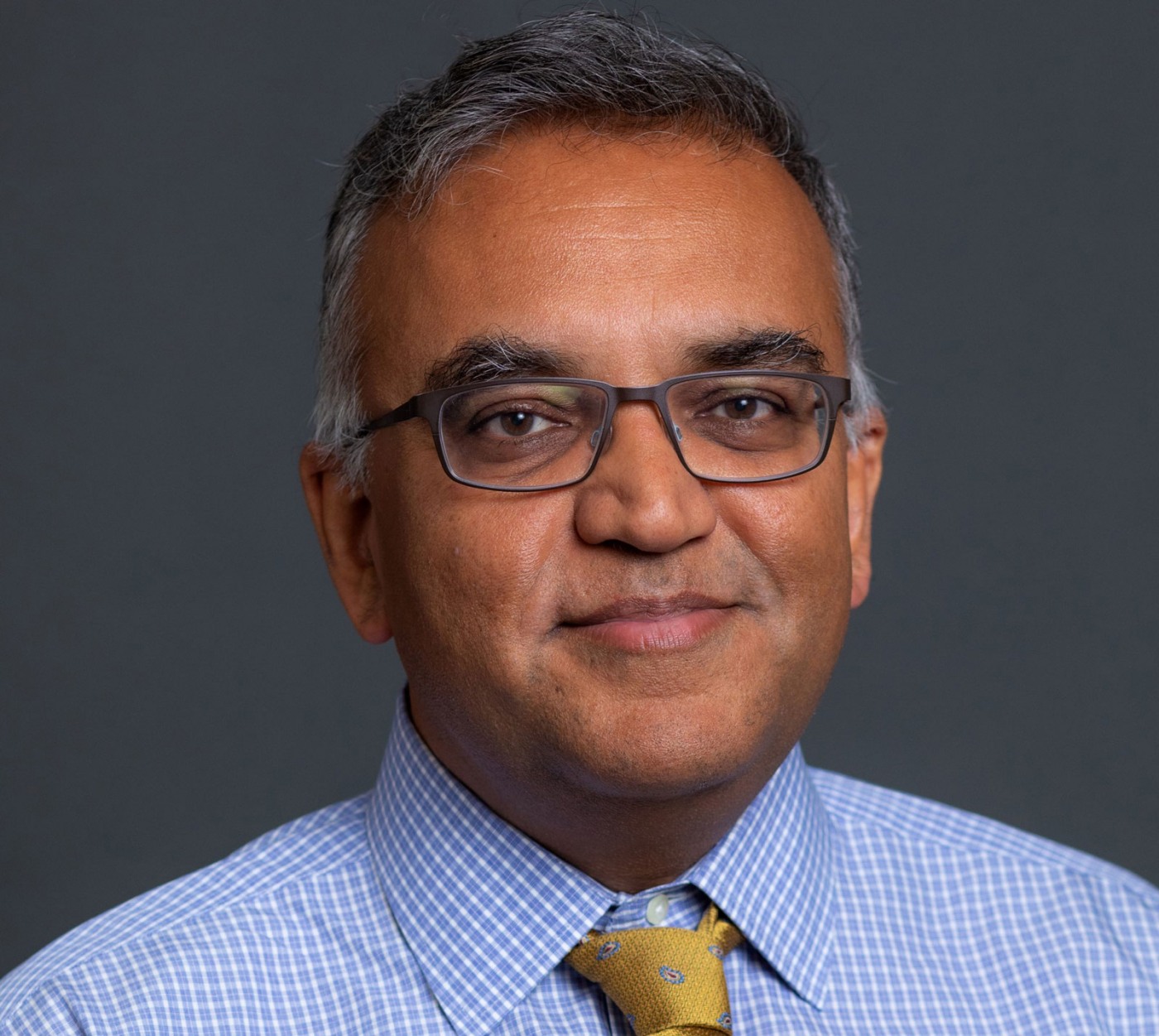
PROVIDENCE, R.I. [Brown University] — Dr. Ashish K. Jha, an accomplished physician, health policy researcher and global health advocate, who is currently the faculty director of the Harvard Global Health Institute, has been appointed the next dean of the Brown University School of Public Health.
Brown President Christina H. Paxson and Provost Richard M. Locke announced Jha’s appointment in a Feb. 26 email to School of Public Health students, faculty and staff.
“Dr. Jha is an accomplished scholar, educator, academic leader and global health advocate who is committed to advancing the University’s mission to address pressing societal issues through exceptional interdisciplinary research, teaching and service,” Paxson and Locke wrote. “The School of Public Health is central to Brown’s aspirations to make a difference in the world through consequential research, teaching and engagement, and we look forward to working closely with Dr. Jha as he assumes this critical role.”
Jha will begin his tenure effective Sept. 1, 2020, succeeding Bess Marcus, who will conclude her term as dean this summer to return to full-time research and teaching as a member of the Brown faculty.
As dean, Jha will oversee the School of Public Health’s academic departments, research centers, doctoral and master’s programs, and undergraduate concentrations. Key responsibilities include developing and executing strategies to expand sponsored research funding and elevate the school’s profile and impact locally and globally. Integral to his role will be cultivating a diverse and inclusive academic community, providing administrative oversight and ensuring the school’s fiscal strength.
In addition to his role leading the Harvard Global Health Institute, Jha is a professor of global health at the Harvard T.H. Chan School of Public Health and has served as the school’s dean for global strategy since 2018. He is also a practicing general internist at the V.A. Boston Healthcare System and a professor of medicine at Harvard Medical School.
His background as a practitioner providing care for individual patients, a scholar focused on national and global public health systems, and a global health advocate engaged on major issues such as the impact of climate change on public health, makes him an ideal leader to advance academic excellence and provide strategic direction for the school, Paxson and Locke wrote.
Jha said that the potential to build on the School of Public Health’s strengths and work with students, faculty and staff to position it as a leading public health school born in and built for the health challenges of the 21st century is exciting, especially in the context of Brown’s collaborative academic culture. And Brown’s track record of partnership with health care leaders and agencies in Rhode Island — through the School of Public Health, the Warren Alpert Medical School and other academic departments — is another essential factor in ensuring the role of public health educators and researchers in fulfilling the University’s mission, Jha added.
“The most significant public health problems of our time demand a multi-disciplinary approach, and faculty and students at Brown live that in addressing major challenges,” Jha said. “Brown is also deeply embedded in Rhode Island’s communities. The fact is, as Brown demonstrates, academic institutions function best when they partner with public health agencies and individuals to test ideas. It’s not a standard model for every university but it is for Brown, and that’s part of what makes me so enthusiastic about this new and important opportunity to be part of a community making a difference, locally and globally.”
With sponsored funding from sources such as the National Institutes of Health, the Gates Foundation, the Climate Change Solutions Fund and the Commonwealth Fund, Jha’s research focuses on improving the quality of health care systems with a specialized focus on how national policies impact care. He has led some of the seminal work comparing the performance of the U.S. health system to those of other high-income countries to better understand why the U.S. spends more but often achieves less in population health.
Jha co-chaired an international commission that examined the global response to the Ebola outbreak in West Africa in 2014 and what could be done to strengthen the approach to pandemic preparedness and response. He has written extensively on the importance of international agencies like the World Health Organization and how they can be made more effective in infectious disease outbreaks like Ebola, Zika and now Coronavirus.
He has published more than 200 empirical papers and writes regularly about ways to improve health care systems, both in the U.S. and globally. In addition to his academic appointments at Harvard, he served in a number of roles at the federal level, including as special assistant to the secretary in the Department of Veterans Affairs from 2009 to 2013. Jha was elected as a member of the National Academy of Medicine in 2013.
Jha will lead Brown’s School of Public Health as it continues to build national influence in impacting urgent health challenges and improving equity in health care through its research and teaching. Initially a department of Brown’s medical school, the school launched in 2013 and became fully accredited by the Council on Education for Public Health in 2016. With more than 250 faculty and 400 undergraduate and graduate students, the school is home to 13 nationally renowned research centers and receives more than $60 million in external research funding annually.
Jha earned a bachelor’s degree in economics from Columbia University in 1992 and an M.D. from Harvard Medical School in 1997, before training in internal medicine at the University of California in San Francisco. He completed his general medicine fellowship at Brigham & Women’s Hospital at Harvard Medical School and received his master of public health in 2004 from the Harvard T.H. Chan School of Public Health.
As dean, Jha will report directly to Locke and serve as a member of the Provost’s Senior Academic Deans committee and of the President’s Cabinet.